Breaking
- MENU
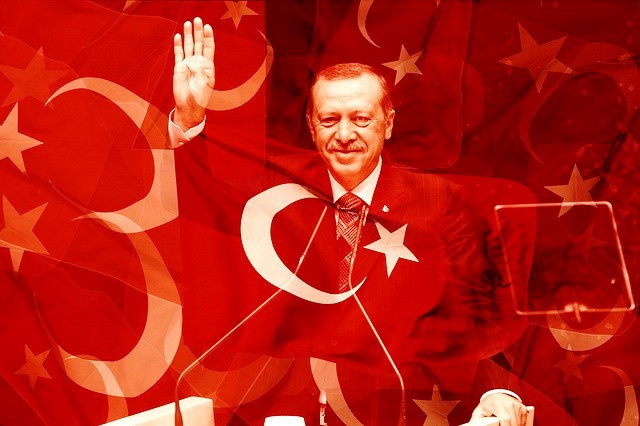
The eleventh MEI Speaks held on 9 September 2020 was a book discussion on Erdogan’s Turkey: Politics, Populism and Democratization Dilemmas by Dr. Md. Muddassir Quamar of MP-IDSA, New Delhi. The session was moderated by Dr. Sreeradha Dutta, VIF, New Delhi.
Dr. Quamar began his talk by identifying contemporary discussions on Turkey that primarily revolves around President Recep Tayyip Erdogan and his rise as an authoritarian leader. Unlike the predominant debates on Erdogan’s desire to revive the lost Ottoman glory, Dr. Quamar delved deeper into Turkish polity. He finds it indispensable to look at how Turkish polity has evolved since the establishment of modern Turkey and has examined three parameters: the evolution of political institutions like legislative, executive, and judiciary; civil-military relations; and the public sphere, to make readers familiar with the nuances of Turkish politics.
Dr. Quamar underlined that the process of democratisation fuelled the rise of the Justice and Development Party (AKP). The last two decades were decisive for AKP as it successfully managed to bring in constitutional amendments to reshape the polity to suit its interest. One of the critical amendments were passed in 2017 and the 18 articles amendment package repealed 76 articles of the constitution and was passed by the Grand National Assembly (the parliament) with a two-third majority. Later, it was put for a referendum where a narrow margin approved it. Dr. Quamar underlined the controversies and allegations of rigging miring the referendum. The amendment ushered in profound changes and the parliamentary form of government was transformed into an executive presidency. The president has acquired powers to dissolve the parliament and call for fresh elections without any accountability to the parliament. Therefore, there has been a significant reduction in the power of parliament. The judicial appointments have also become concentrated under the presidency.
Concerning civil-military relations, Dr. Quamar observed that before the rise of AKP, the military held significant stakes in decision-making not only in political and national security matters but also on social issues and foreign policy. Once in power, the AKP commenced systematic changes and powers of the institutions like the National Security Council were restrained. The military courts were abolished, and with that, the AKP signalled the military its dominion across institutions. As an outcome of these changes and other significant events like the Ergenekon Trials and side-lining of the military from political affairs, a disgruntled section within the armed forces orchestrated a failed coup in 2016. At present, the military and other security apparatuses are dominated by the AKP sympathisers with everything under the close supervision of Erdogan.
Dr. Quamar observed that the most significant aspect for democratic erosion of Turkey concerns public sphere. The Erdogan’s government tolerates no dissent and any form of digression or opposition on such issues is swiftly labelled as “anti-Islamic” or “anti-Turk.” He noted that perhaps Erdogan’s Turkey had become a mirror image of the militant secular nationalism (practiced earlier), with Islam strikingly contrasting. He underlined that Turkey is probably moving towards a one-party system with no space for pluralistic politics. Dr. Quamar, in his concluding remarks, underlined that the only silver lining is the regularity of the elections process and a functional opposition within the political system. He further alluded to Erdogan’s popularity, saying that even though AKP has lost some of its support bases, under Erdogan, its future seems promising.
A lively Q&A session followed the talk. On the question of potential challengers to the Erdogan’s Presidency, Dr. Quamar responded that Ekrem Imamoglu, the current Mayor of Istanbul, seems to be a key figure. His position as a mayor carries a symbolic significance as Erdogan himself was a mayor of Istanbul. Erdogan, on his part, is projecting his son-in-law, Berat Albayrak, also the current Finance Minister of Turkey, as a future leader. Dr. Quamar emphasised that any significant change seems unlikely unless there is a severe rupture of the alliance between the Nationalist Movement Party (MHP) and AKP. Furthermore, he said that Erdogan’s foreign policy and aggressive posturing in the Middle East are driven by domestic politics, to please his constituency of conservative Muslims.
Erdogan has systematically used Islamism and Turkish nationalism to create the Turko-Islamic metanarrative that affects all aspects of the society and has leveraged its Islamic identity to assert himself as the global leader of the Islamic world. On the issue of Muslim Brotherhood influence, Dr. Quamar underlined that the Turkish Muslim Brotherhood is different from the Egyptian Muslim Brotherhood and is more accommodating than the latter.
Finally, Honorary Director MEI@ND concluded the session and thanked all the guests and participants.
As part of its editorial policy, the MEI@ND standardizes spelling and date formats to make the text uniformly accessible and stylistically consistent. The views expressed here are those of the author and do not necessarily reflect the views/positions of the MEI@ND. Editor, MEI@ND: P R Kumaraswamy
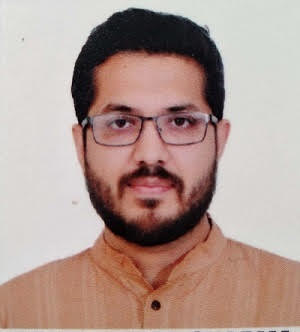
Rohit Kumar Sharma is a research scholar in Centre for West-Asian Studies, JNU. He is a law graduate and holds a master’s in international relations from South Asian University and his master’s dissertation examined the Hindutva discourse on Israel. Currently, he is working on Evolution of Cyber Security in Israel for his M Phil degree.
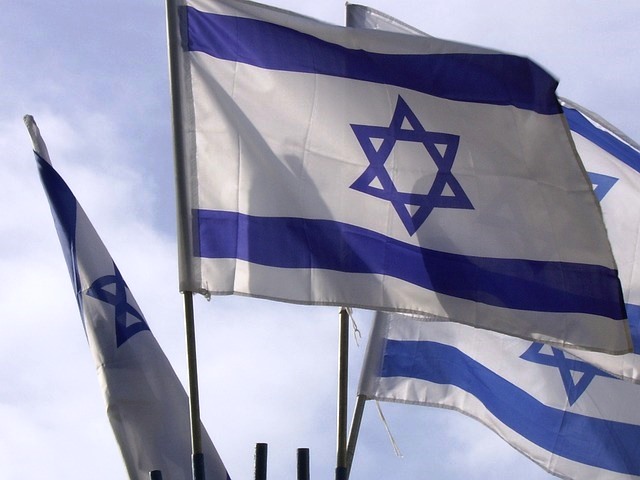
After being in the news for years and most of it for the wrong reasons, Shalev Hulio, co-founder and.....
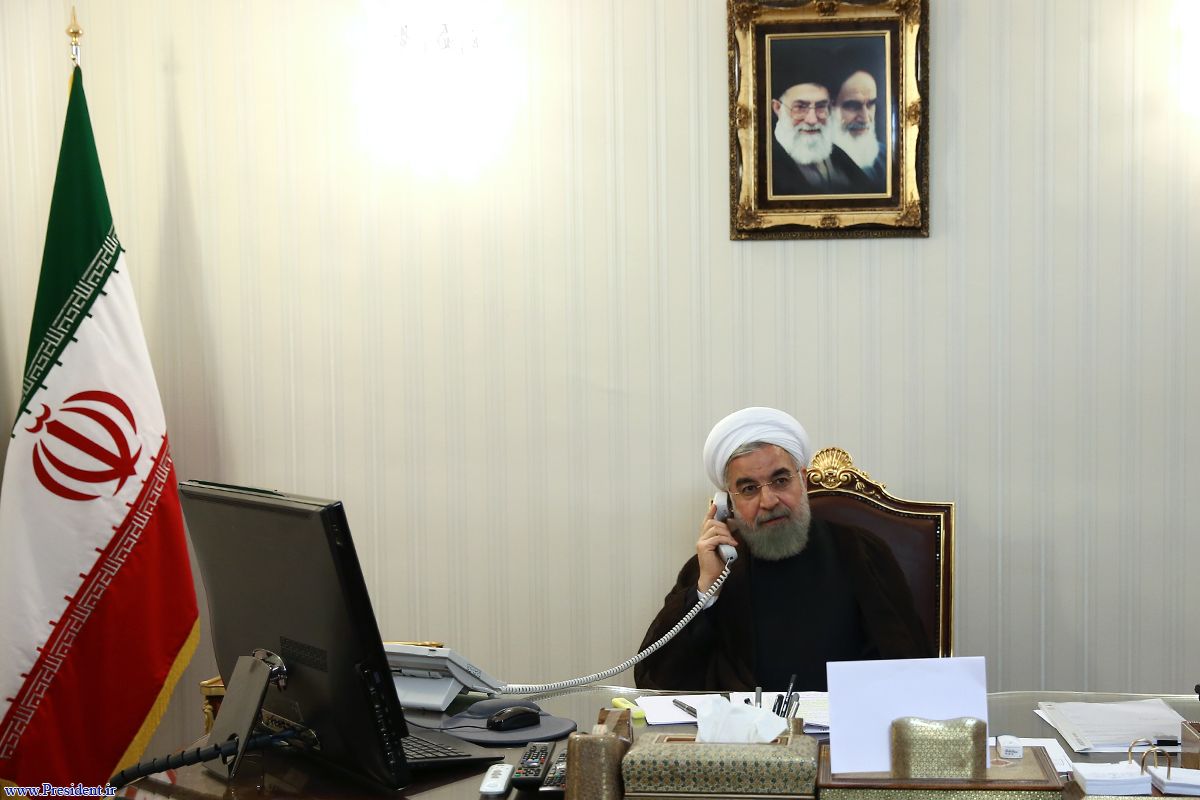
©MEI Exclusive In the recent 11-day Israeli-Palestinian armed conflict both sides reported a.....
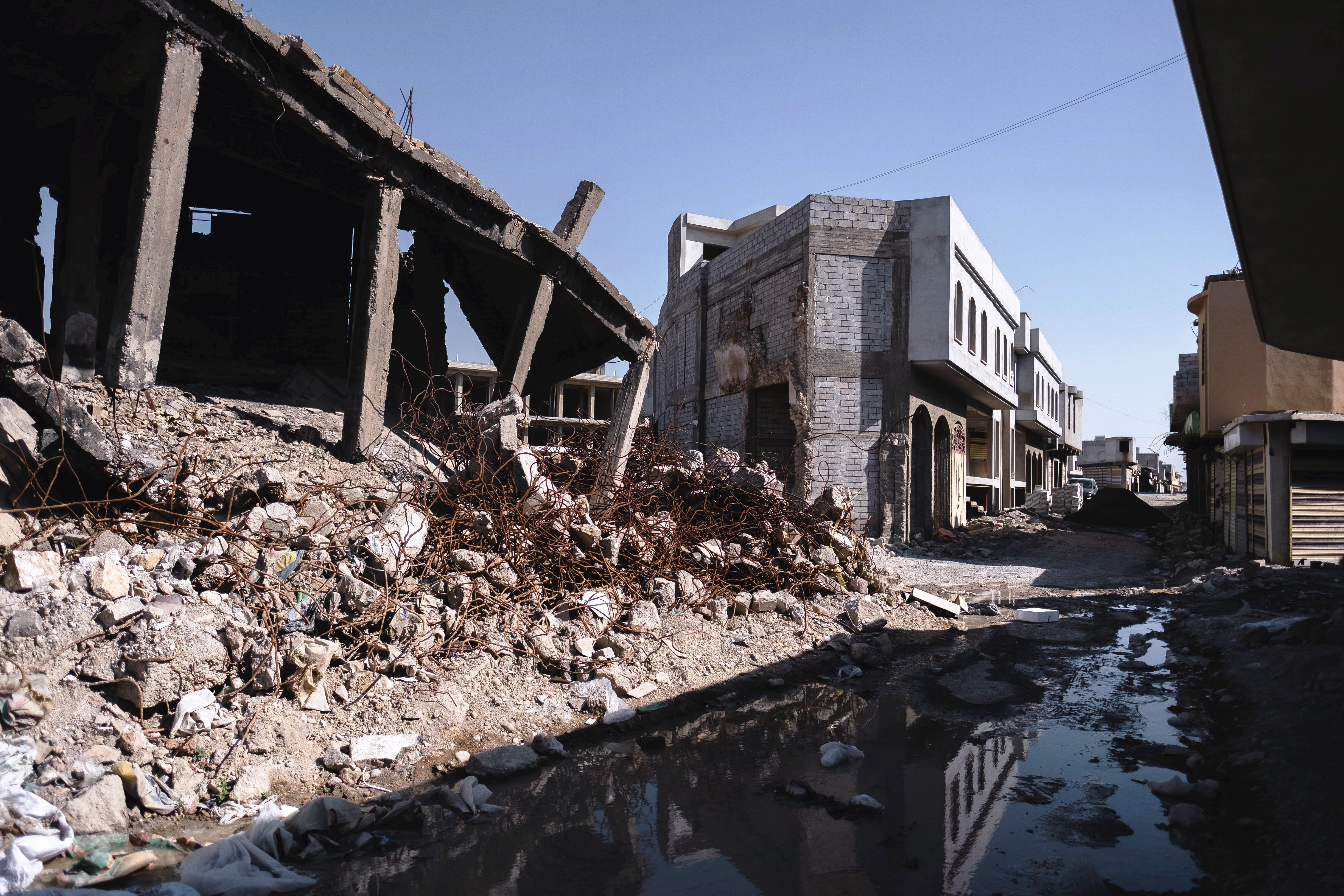
The twelfth MEI Speaks held on 16 September 2020 was a book discussion on Islamism, Crisis and Democ.....
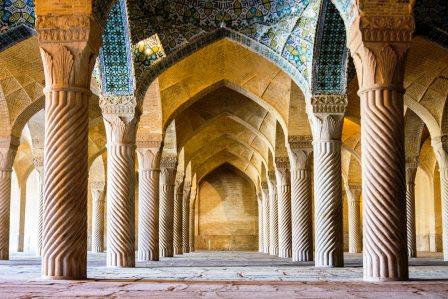
The tenth online MEI Speaks held on 2 September 2020 was a talk on Challenges Ahead: The Future of I.....
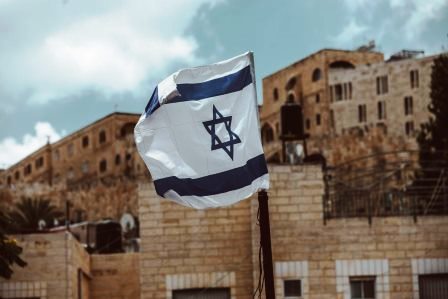
The ninth MEI Speaks on 26 August 2020 was a talk on Israel’s Bridge to the Gulf by Mr. Jason .....
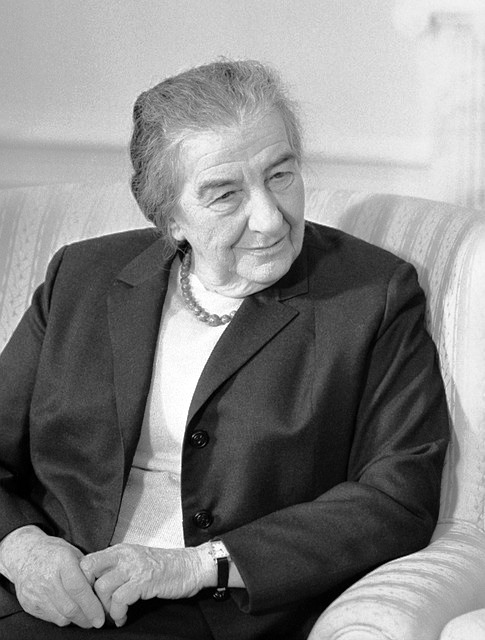
The eighth MEI Speaks held on 19 August 2020 was a book discussion by Professor Meron Medzini on his.....
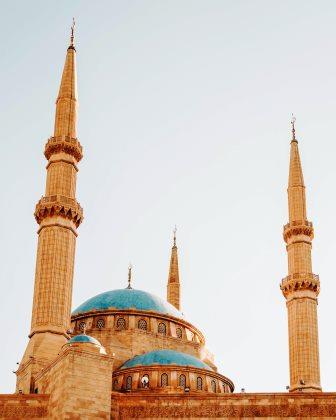
The fifth MEI Speaks held on 15 July 2020 was a talk on How Corruption Produced a Failed State in Le.....

The fourth online MEI Speaks held on 8 July 2020 was a talk on Israel’s Annexation Plans by Dr.....
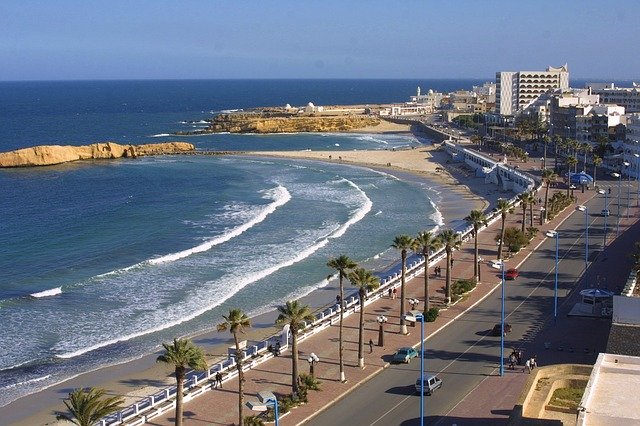
The third online MEI Speaks held on 1 July 2020 was a Discussion on Dr. Sean Foley’s Changing .....
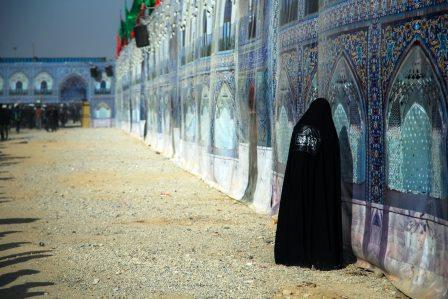
As part of MEI Speaks, the Middle East Institute (MEI@ND) organized its first online Book Discussion.....

As part of its outreach programme, on 10 June 2020, the Middle East Institute (MEI@ND) has lau.....
